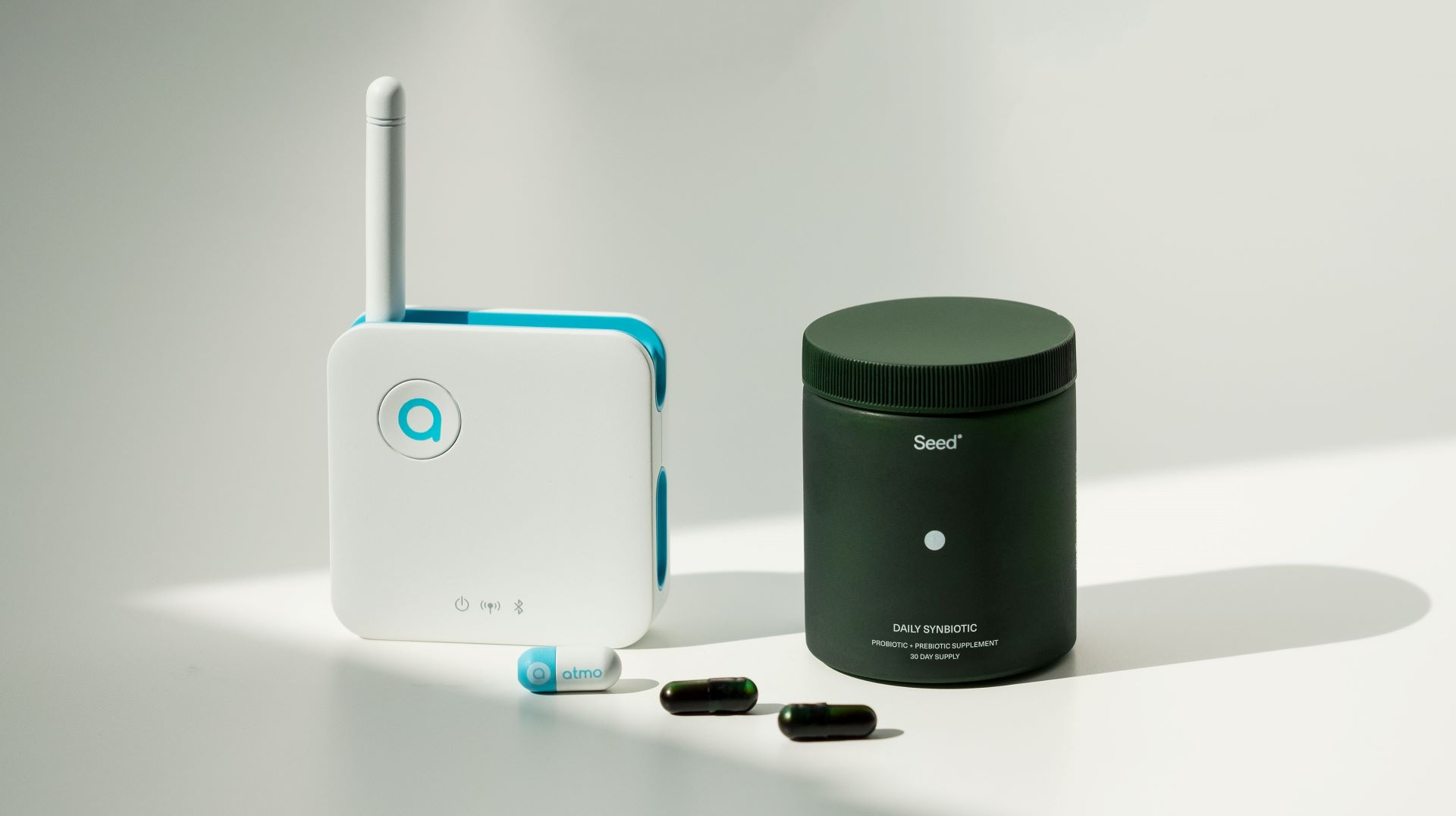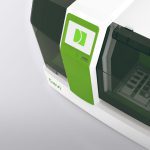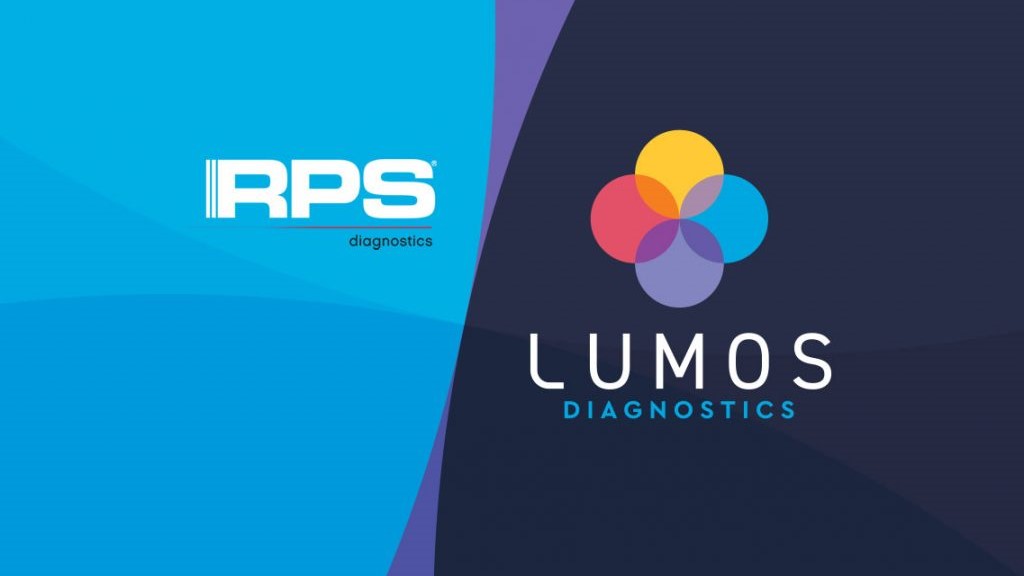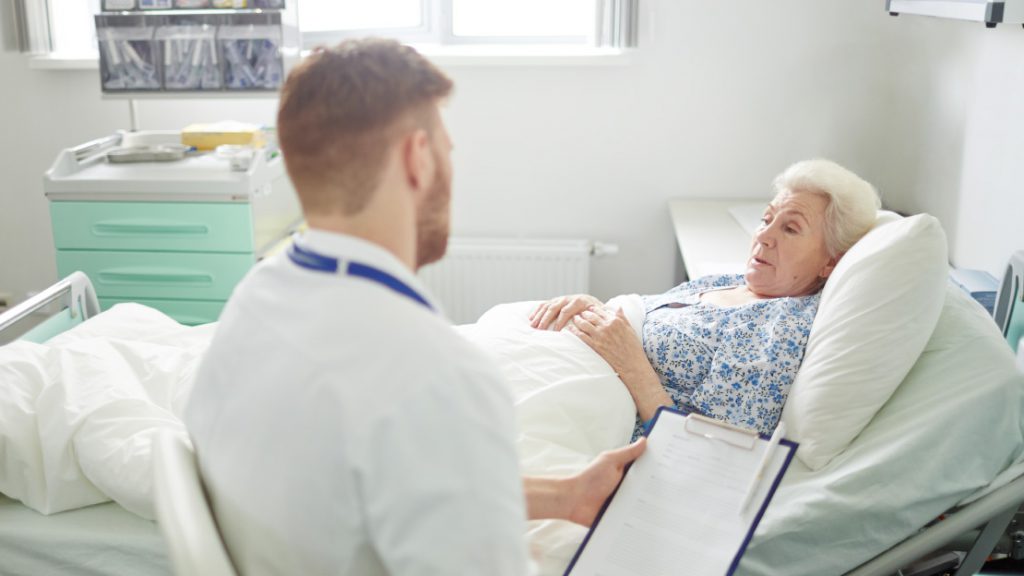
Seed Health, a US-based microbial sciences company, and Atmo Biosciences, a Planet Innovation early stage venture, have announced a research partnership to use Atmo’s ingestible gas-sensing capsule to study the impact of probiotics on the gut microbiome.
Seed Health will leverage Atmo’s innovative gas-sensing capsule technology in clinical trials to profile key gases produced within the gut in real-time – the first of which will evaluate the impact of probiotics on the gut microbiome after antibiotic use.
The lower gut is challenging to reach physically, making it difficult to study clinically. To date, gut microbiome research – and studies on the efficacy of interventions like probiotics – has relied mostly on stool analysis, which is more reflective of the gut lumen microbiome, specifically in the colon. Other than an invasive tube insertion, the only way to test for these gases is by breath measurements, which are often inaccurate as gas concentrations in the gut are 5,000-10,000 times higher than the breath. Other diagnostic methods such as aspiration, biopsy, endoscopy, motility pills, and imaging pills, are also often highly invasive, costly or have other clinical limitations.
The Atmo Gas Capsule, recently released for research use, is the first ingestible sensor technology to track location-specific gases through the human gastrointestinal tract. The 28mm capsule uses sensors to measure key gases present, including hydrogen and oxygen, and is up to 3,000 times more accurate than breath tests. Development is underway to include additional biomarkers such as methane, hydrogen sulfide and short-chain fatty acids, an additional cluster of biomarkers key to understanding gut microbiota function.
Collectively, these new biomarkers empower researchers to gain objective, real-time insight into patient gut health for diagnosis, treatment and how interventions like antibiotics, probiotics, and food, may impact gut function.
Seed®, the consumer health division of Seed Health, will use the Atmo Gas Capsule in a series of upcoming clinical studies on their flagship probiotic, the Daily Synbiotic. The first study will build on previous metagenomic studies and measure both the effects of antibiotics on the entire GI tract, and how the use of specific strains of probiotic bacteria may impart functional benefits to the GI system during and after antibiotic therapy.
Seed Heath co-founder and co-CEO Raja Dhir said: “Despite over a decade of human microbiome research, we are still limited by the technologies available to measure and understand real-time activity in the human gut.”
“We are inspired by this collaboration with Atmo Biosciences as we pioneer new biomarkers and methods to measure the impact of specific probiotics, while deepening our functional understanding of the gut microbiome. The ability to monitor this environment has tremendous implications for the future of the field.”
Patients enrolled in this first study will swallow an Atmo Gas Capsule for continuous monitoring, detection and measurement of key gases and volatile compounds. Recruitment for this study is scheduled to begin in December with the trial commencing in early 2020.
Atmo Biosciences CEO Mal Hebblewhite said: “Working with Seed Health, we can now expand the potential of our technology to understand and measure the real-time impact of interventions like probiotics under different conditions.”
“Our technology unlocks new datasets and novel biomarkers that could not only impact the millions who currently suffer from GI disorders and food intolerances, but also could offer an entirely new dimension of research to evaluate interventions and preventive measures, which could impact millions more.”
Human trials of Atmo Gas Capsule underway in Melbourne
The announcement of the Seed trial follows the commencement of two other human trials of the Atmo Gas Capsule at Monash University and the Alfred Hospital in Melbourne.
The first trial is investigating motility and transit time through the gastrointestinal tract for the Atmo Gas Capsule and comparing it with current standards for measuring transit time.
The second trial involves patients suffering from Irritable Bowel Syndrome (IBS), and aims to provide clinical insight to enable better targeted treatment and management of IBS.
Former Cochlear CEO joins Atmo Biosciences Board

In other Atmo news, former Cochlear Chief Executive Officer Dr Chris Roberts AO has joined the Atmo Biosciences Board as a Non-Executive Director.
Dr Roberts has more than 40 years’ experience in international medical device businesses, including tenure as CEO of Cochlear (ASX:COH) from 2004-2015, and as a founding Director and Executive Vice President of ResMed (ASX:RMD) from 1992-2003.








